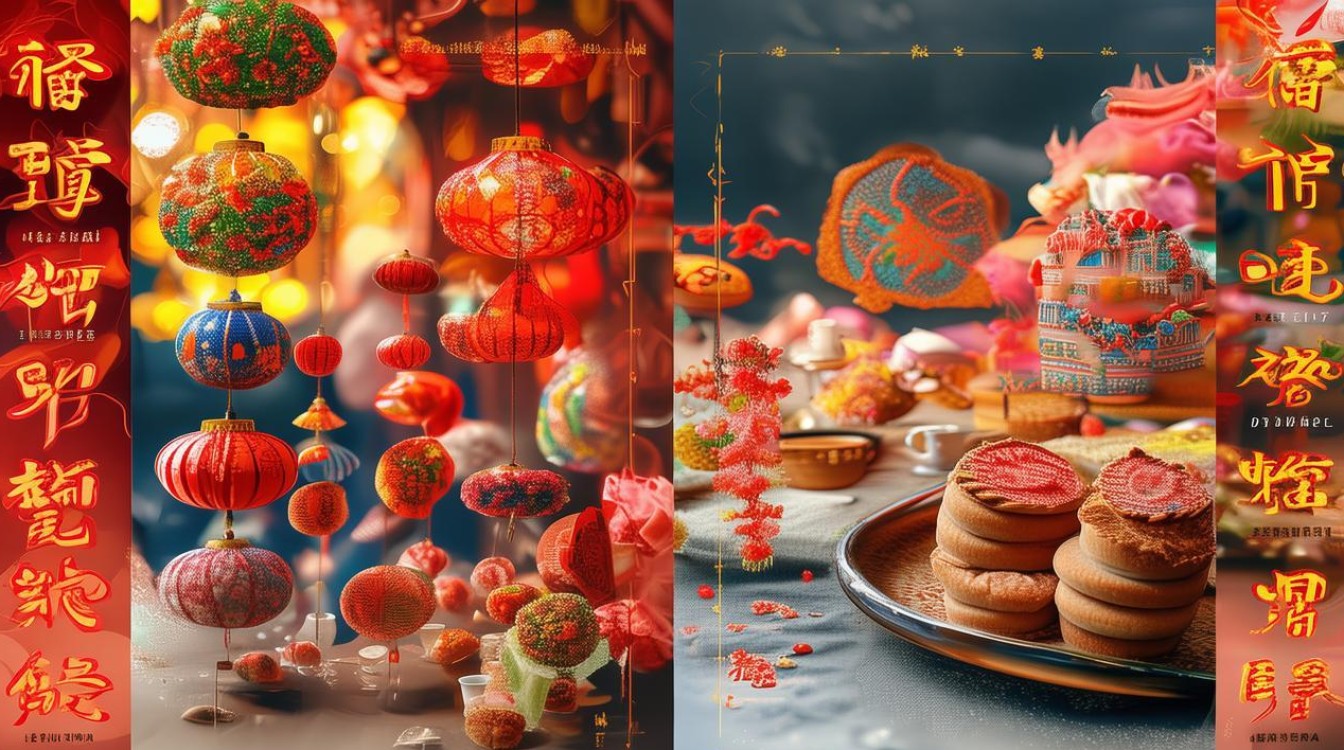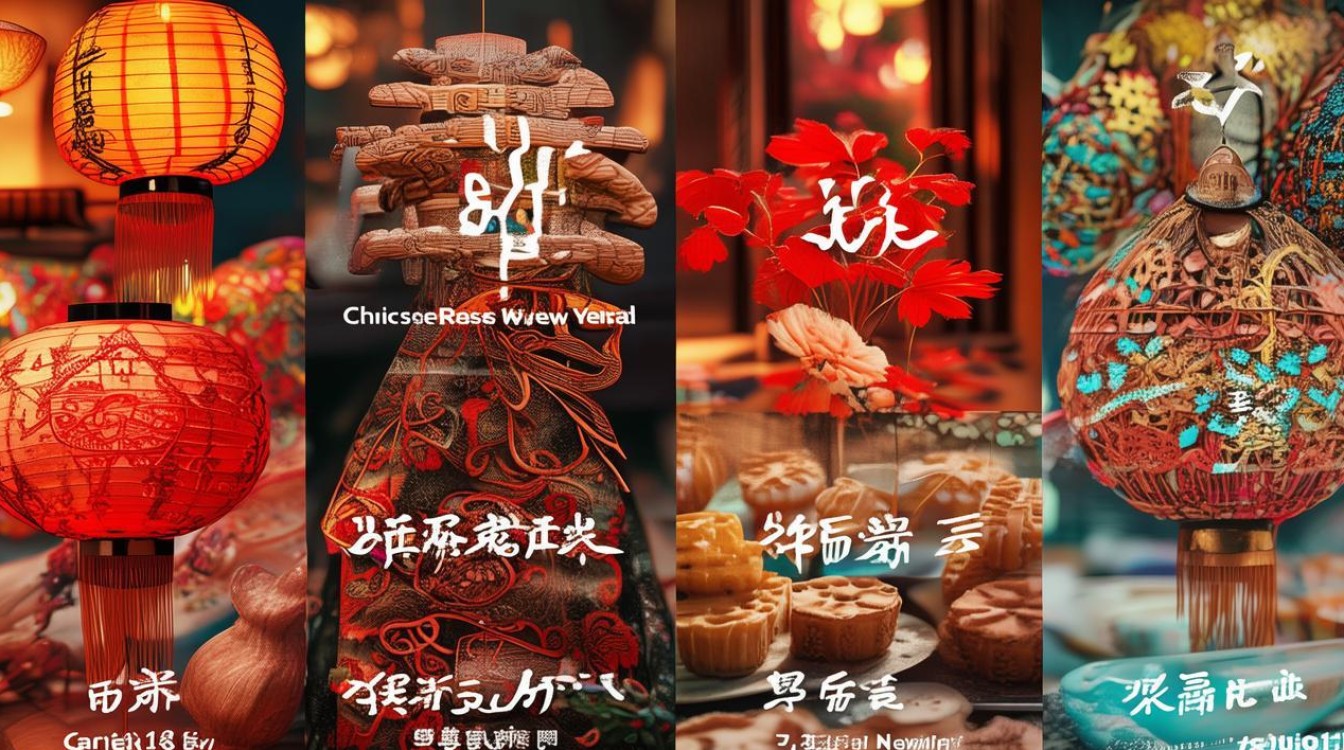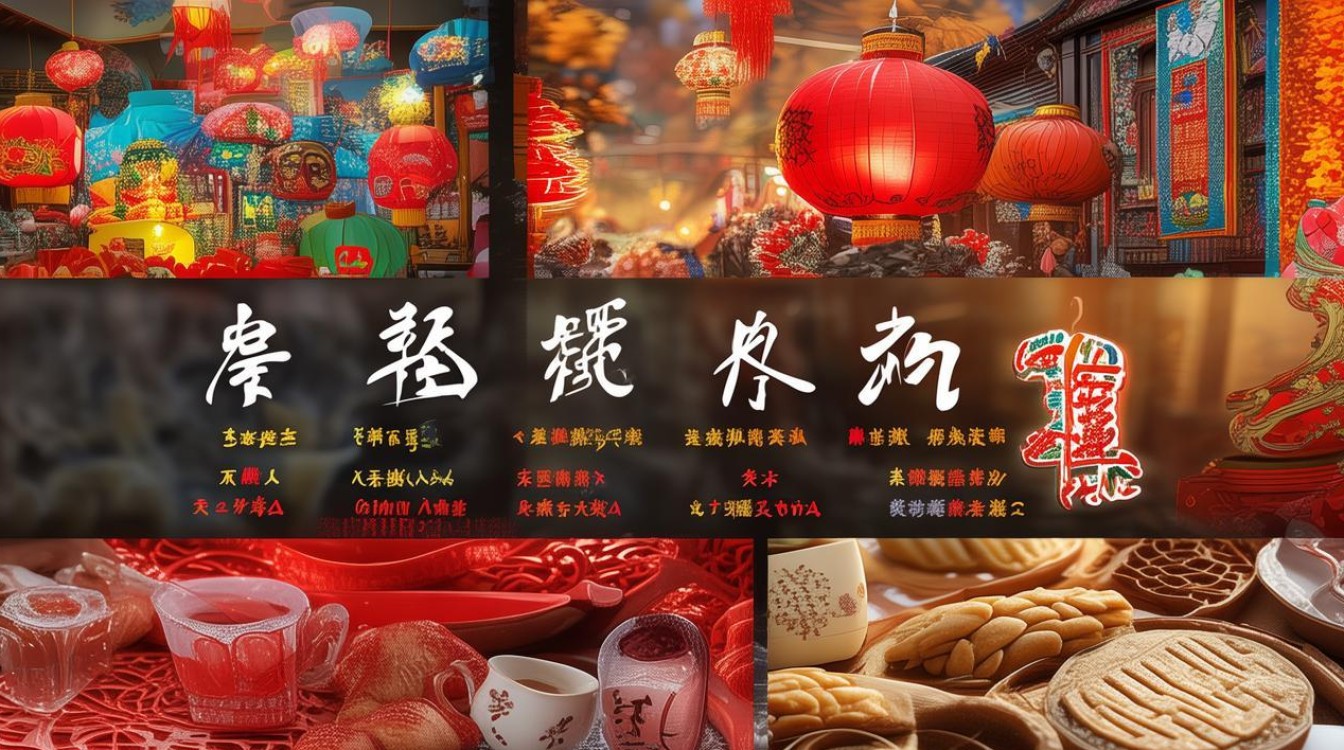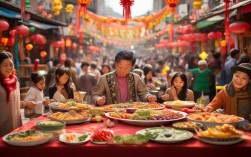China boasts a rich cultural heritage, and its traditional festivals reflect centuries of history, customs, and beliefs. Whether you're a language learner, a traveler, or simply curious about Chinese culture, knowing the English names of these festivals can be helpful. Below is a comprehensive list of major Chinese festivals along with their English translations, cultural significance, and key customs.

Spring Festival (春节 - Chūn Jié)
The Spring Festival, also known as Chinese New Year, is the most important holiday in China. It marks the beginning of the lunar new year and is a time for family reunions, feasting, and celebrations.
- Key Traditions:
- Red envelopes (红包 - hóng bāo) filled with money for good luck.
- Fireworks and lion dances to ward off evil spirits.
- Eating dumplings (饺子 - jiǎo zi) for prosperity.
Lantern Festival (元宵节 - Yuán Xiāo Jié)
Held on the 15th day of the first lunar month, the Lantern Festival marks the end of the Spring Festival celebrations.
- Key Traditions:
- Lighting and admiring colorful lanterns.
- Eating sweet rice dumplings (汤圆 - tāng yuán).
- Solving riddles written on lanterns.
Qingming Festival (清明节 - Qīng Míng Jié)
Also known as Tomb-Sweeping Day, Qingming Festival is a time to honor ancestors by cleaning graves and making offerings.
- Key Traditions:
- Visiting ancestral graves to pay respects.
- Flying kites to symbolize letting go of misfortune.
- Eating qingtuan (青团), a green glutinous rice cake.
Dragon Boat Festival (端午节 - Duān Wǔ Jié)
This festival commemorates the ancient poet Qu Yuan and features exciting dragon boat races.
- Key Traditions:
- Racing dragon boats to the beat of drums.
- Eating zongzi (粽子), sticky rice wrapped in bamboo leaves.
- Hanging mugwort and calamus to repel insects.
Qixi Festival (七夕节 - Qī Xī Jié)
Often called Chinese Valentine’s Day, Qixi Festival celebrates the legendary love story of the Cowherd and the Weaver Girl.
- Key Traditions:
- Young women pray for skillful hands in weaving.
- Couples exchange gifts and make wishes under the stars.
Mid-Autumn Festival (中秋节 - Zhōng Qiū Jié)
A harvest festival celebrated under the full moon, the Mid-Autumn Festival emphasizes family togetherness.

- Key Traditions:
- Eating mooncakes (月饼 - yuè bǐng) with sweet fillings.
- Appreciating the full moon with loved ones.
- Lantern displays in some regions.
Double Ninth Festival (重阳节 - Chóng Yáng Jié)
This festival focuses on honoring the elderly and enjoying autumn scenery.
- Key Traditions:
- Climbing mountains for good health.
- Drinking chrysanthemum wine to ward off bad luck.
- Paying respects to elders.
Winter Solstice Festival (冬至 - Dōng Zhì)
The shortest day of the year is celebrated with warmth and family gatherings.
- Key Traditions:
- Eating tangyuan (汤圆) in the south or dumplings in the north.
- Offering sacrifices to ancestors in some regions.
Labā Festival (腊八节 - Là Bā Jié)
Held on the eighth day of the twelfth lunar month, this festival has Buddhist origins and involves eating a special porridge.
- Key Traditions:
- Cooking labā porridge with mixed grains, nuts, and dried fruits.
- Some temples distribute free porridge to the public.
Small New Year (小年 - Xiǎo Nián)
A prelude to the Spring Festival, Small New Year involves cleaning and making offerings to the Kitchen God.
- Key Traditions:
- Offering sweets to the Kitchen God for a favorable report to heaven.
- Thorough house cleaning to welcome good fortune.
Chinese New Year’s Eve (除夕 - Chú Xī)
The night before the Spring Festival is a time for family reunions and festive meals.
- Key Traditions:
- Staying up late to welcome the new year (守岁 - shǒu suì).
- Watching the CCTV New Year’s Gala.
- Setting off fireworks at midnight.
Ghost Festival (中元节 - Zhōng Yuán Jié)
Also known as the Hungry Ghost Festival, this day is dedicated to honoring deceased ancestors and wandering spirits.

- Key Traditions:
- Burning paper offerings for the deceased.
- Holding ceremonies to appease restless spirits.
Double Seventh Festival (乞巧节 - Qǐ Qiǎo Jié)
Another name for Qixi Festival, this day celebrates love and craftsmanship.
Shangsi Festival (上巳节 - Shàng Sì Jié)
An ancient festival involving purification rituals and outdoor activities.
- Key Traditions:
- Washing in rivers to cleanse bad luck.
- Enjoying spring outings.
Duanwu Festival (端阳节 - Duān Yáng Jié)
An alternative name for the Dragon Boat Festival, emphasizing its solar term origins.
Hanshi Festival (寒食节 - Hán Shí Jié)
A now less common festival where people ate cold food to honor a loyal historical figure.
Tiankuang Festival (天贶节 - Tiān Kuàng Jié)
A traditional festival involving sun-drying clothes and books to prevent mildew.
Dragon Head-Raising Festival (龙抬头 - Lóng Tái Tóu)
Celebrated on the second day of the second lunar month, this festival marks the awakening of the dragon, bringing rain for agriculture.

- Key Traditions:
- Getting a haircut for good luck.
- Eating dragon-themed foods like noodles (龙须面 - lóng xū miàn).
Winter Clothing Festival (寒衣节 - Hán Yī Jié)
A day to send warm clothes (symbolically) to ancestors in the afterlife.
Labā Festival (腊八节 - Là Bā Jié)
Reiterated for its cultural importance, this festival blends Buddhist and folk traditions.
Understanding these festivals helps appreciate China’s cultural depth. Each celebration carries unique customs, foods, and meanings, making them fascinating to explore. Whether you’re participating in lantern riddles or tasting mooncakes, these traditions offer a glimpse into China’s vibrant heritage.




